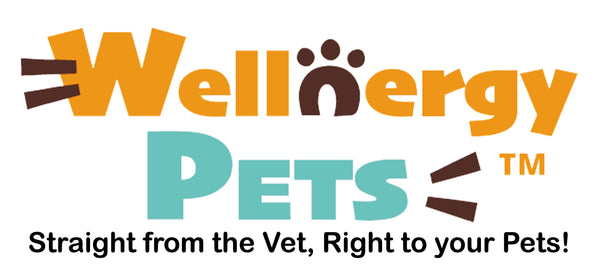Pet cat care should be your responsibility if you have your pet cat at home. Knowing if you have a healthy cat would require that you know how to observe how your cat looks. You should be able to judge if your cat is too thin or too fat. The best thing to do it is to observe your pet cat and see how it looks.
When examining your cat, you may be able to see the telltale signs if it is either too thin or too heavy. Your pet cat may be too thin if the ribs are obviously visible on your short haired cat. The ribs may show or you may be able to feel it on a thick haired cat with seemingly no palpable fat anywhere. You may also observe some slight abdominal tuck as well as no visible fat on your pet.
A cat that is too heavy may have their ribs not easily obvious that may be covered by excess fat. If you observe your cat, you may notice that it might not have a visible waist that has become rounded with excess fat. Your cat would seem rounded with the prominent abdominal fat as well as with fat deposits over the back area. This would be one of the signs that your cat may be overweight.
One of the solutions to problems concerning your pet cat's weight would be the proper feeding regimen that you cat goes through. It is important that, as a pet owner, you will know the right proportion of food to give to your pet cat. At different points of their life, your pet cat would require different nutritional needs and therefore a varied feeding program.
When you have a pet kitten, you should know that they require twice as much energy per pound of their body weight as compared to a mature cat. Kittens need to be weaned for about the first six to eight weeks of their life and then they can be given a regular diet composed of a well balanced food that will ensure proper growth. Kittens should be fed three top four times a day with a source of clean water always made available for them at all times. This regimen is to help provide the cat's nutritional needs during its rapid growth.
After seven months to one year, you may now need to bring down feeding your cat to just twice a day. But this should be seen on an individual basis. The amount that you would eventually feed would depend on the level of activity and body condition of your cat. Your vet can assess and would be able to provide you with the right diet to provide for your pet cat.
When you have an adult cat that go through just the normal day to day activity, diet wold be to maintain that type of feline lifestyle. At this time, a cat food that is well-balanced for maintenance of cats in all life stages may already be used. Be also aware that cats are occasional eaters.
They do not seem to finish up their food at just one sitting. You may observe them to eat a bit of the food you serve but never seem to finish them. They usually try to eat at various times of the day when they feel like it.
For this reason, you might need to provide all-day access to food for your cat along with a clean source of water supply.

